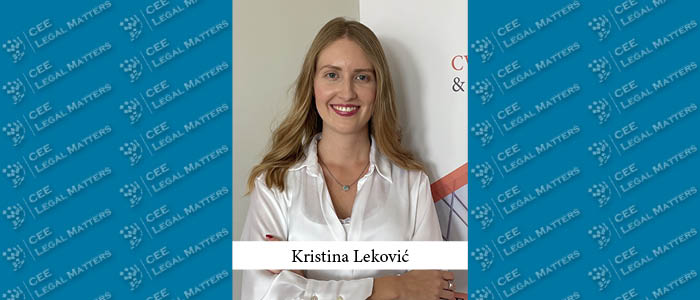Orrick has advised Ellia on its USD 1.5 million seed funding. Wolf Theiss reportedly advised Bulgarian Eleven Ventures on leading the funding round.
Cerha Hempel Advises Tech2People on Capital Increase
Cerha Hempel has advised Tech2People on an over EUR 800,000 capital increase.
Legal Monitoring Report for the Period of October 1 - November 8, 2023
This Legal Monitoring Report includes the latest and most relevant amendments to the national legislation for forward-looking businesses. This month, several amendments were made to the Law on State Aid, Law on Consumer Protection, Law of Protection of Trade Secrets, as well as to the Customs Code and Law on Energy. The Report also outlines changes to the IT parks activity, as well as recent adjustments to the minimum and average salary in the economy for 2024.
Wardynski & Partners and Tomczykowski Tomczykowska Advise on Senacor Technologies' Acquisition of Finanteq
Wardynski & Partners has advised Senacor Technologies on its acquisition of Finanteq. Tomczykowski Tomczykowska advised the sellers.
What is Illegal Offline Should be Illegal Online - The Romanian Implementation of the European Union Regulation on a Single Market for Digital Service
On 20 October 2023, the National Agency for Administration and Regulation in Communications (“ANCOM”) and the Ministry of Research, Innovation and Digitalization submitted for public consultation the draft law establishing the national legislative measures necessary to implement the provisions of Regulation (EU) 2022/2065 of the European Parliament and of the Council on a Single Market for Digital Services and amending Directive 2000/31/EC (“DSA Regulation”) in Romania.
SLV Legal Morphs into Lexters
Former SLV Legal Partners Alexandru Stanescu, Irina Vasile, and Tudor Velea have recently announced the rebranding of their outfit to Lexters – a Bucharest-based boutique law firm focusing on CEE tech companies and start-ups – and unveiled a new partnership with the Rubik Hub.
Serbia Enacted a Set of New Media Laws
The past few months in Serbia have seen significant public attention focused on two media laws: the Law on Public Information and Media and the Law on Electronic Media. Various opinions have been expressed, with the government of the Republic of Serbia, specifically the Ministry of Telecommunications and Information, as the formal proposer of these contentious amendments, while independent journalist associations have taken the opposite stance. On October 26, 2023, the National Assembly passed and adopted these amendments. Less than a decade after significant changes, these two crucial media laws have come under scrutiny to align with international standards of freedom of expression.






















